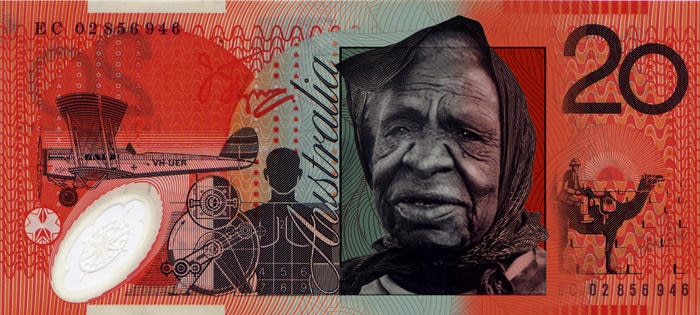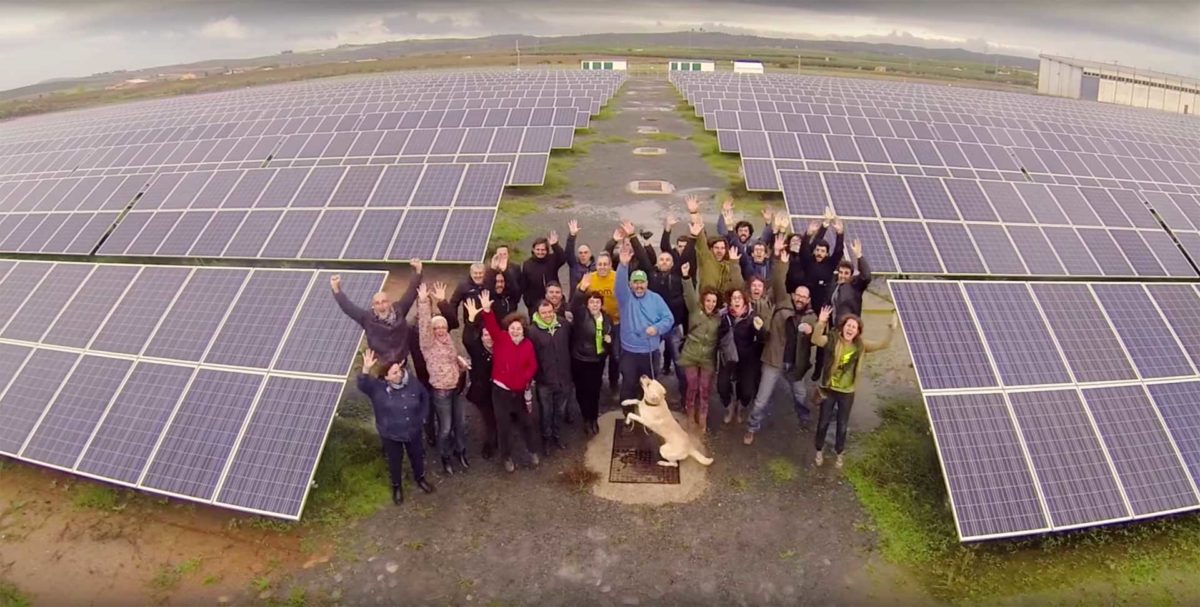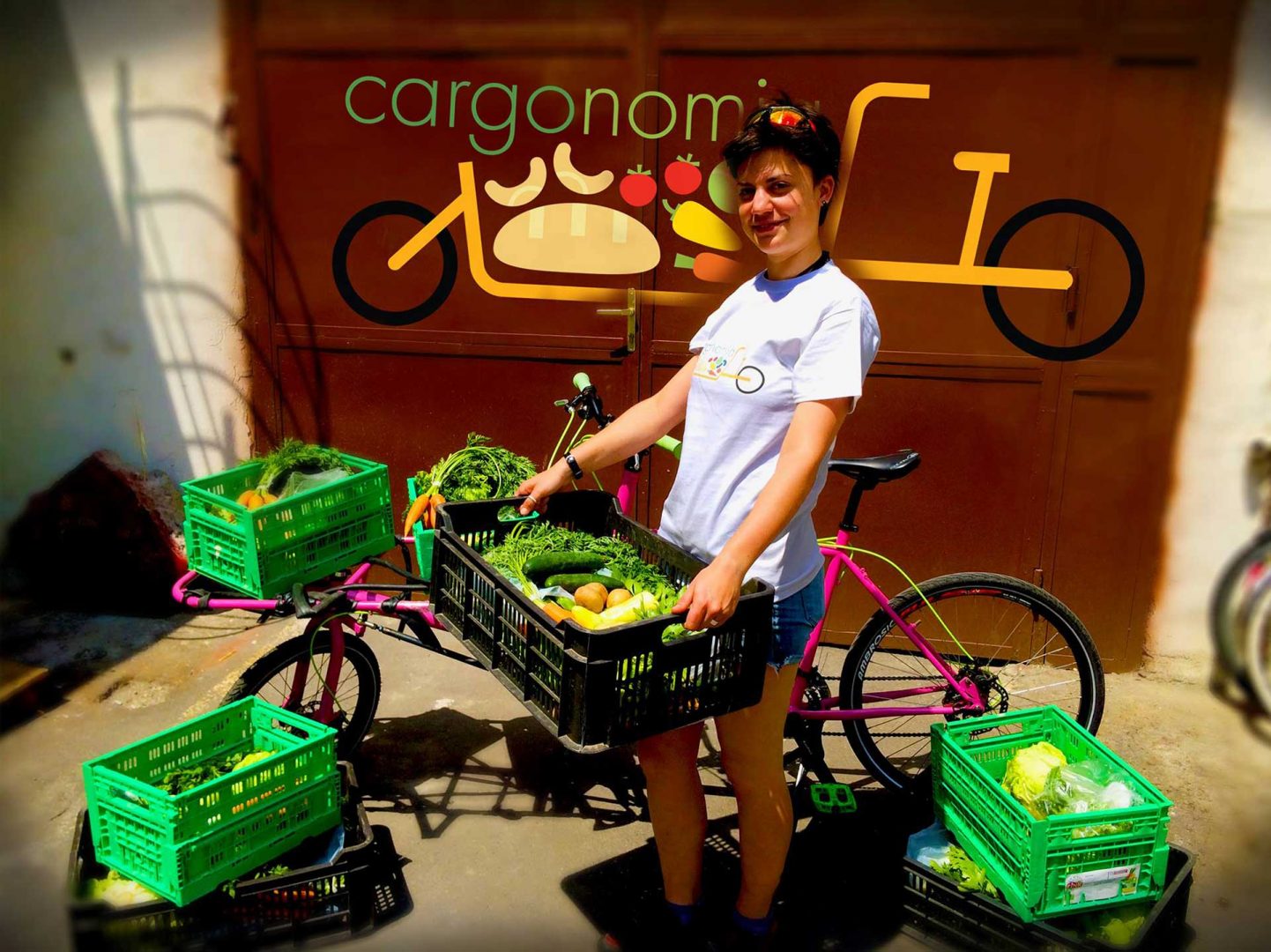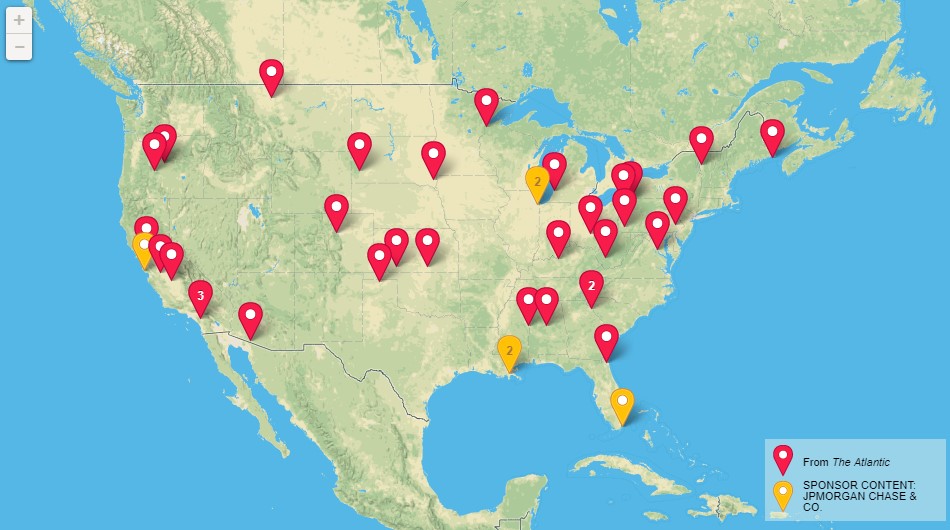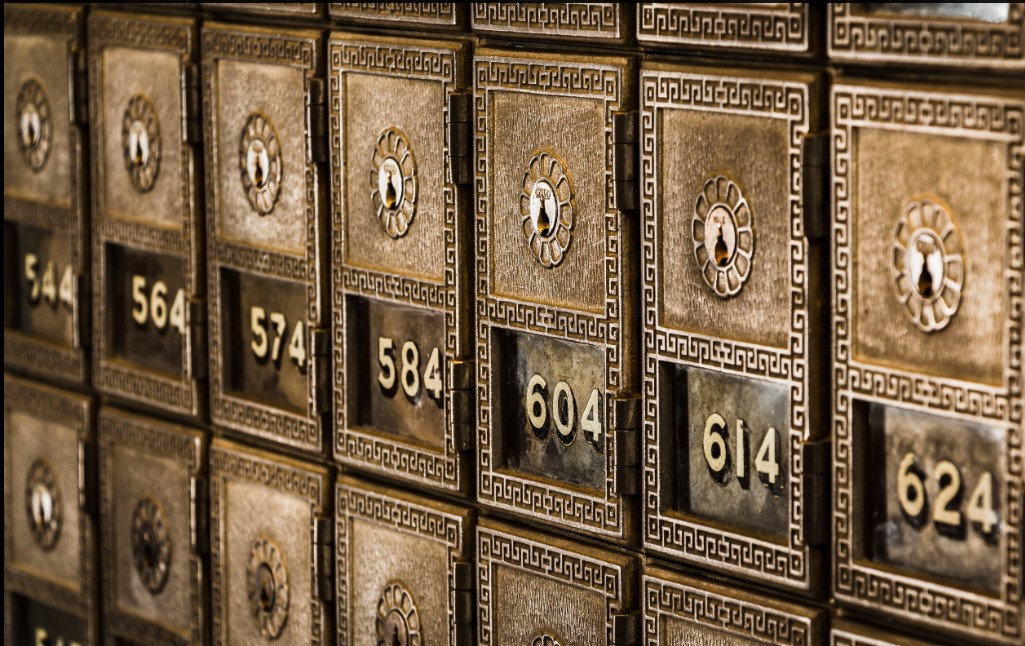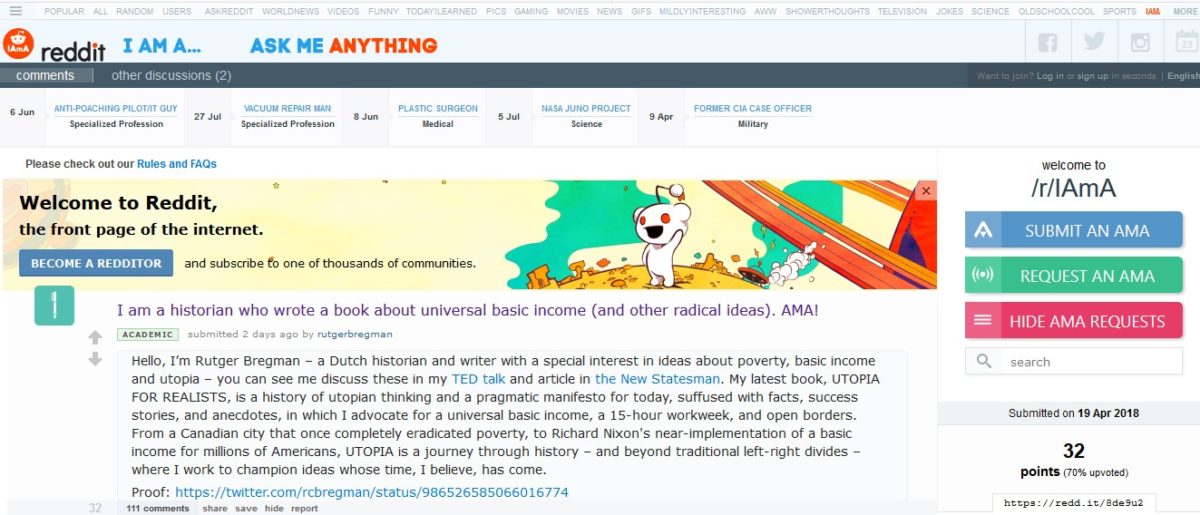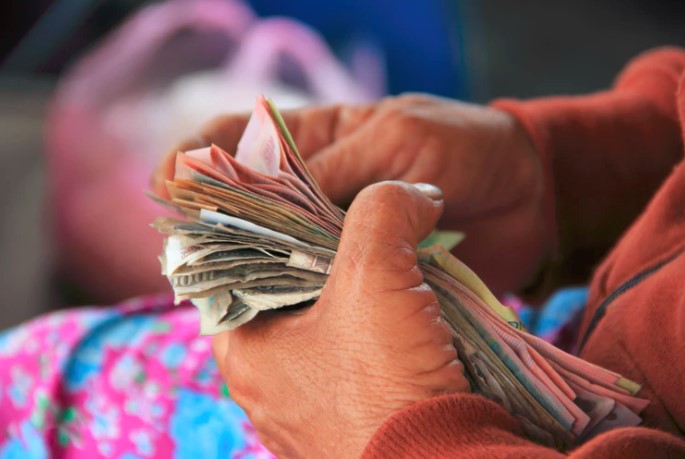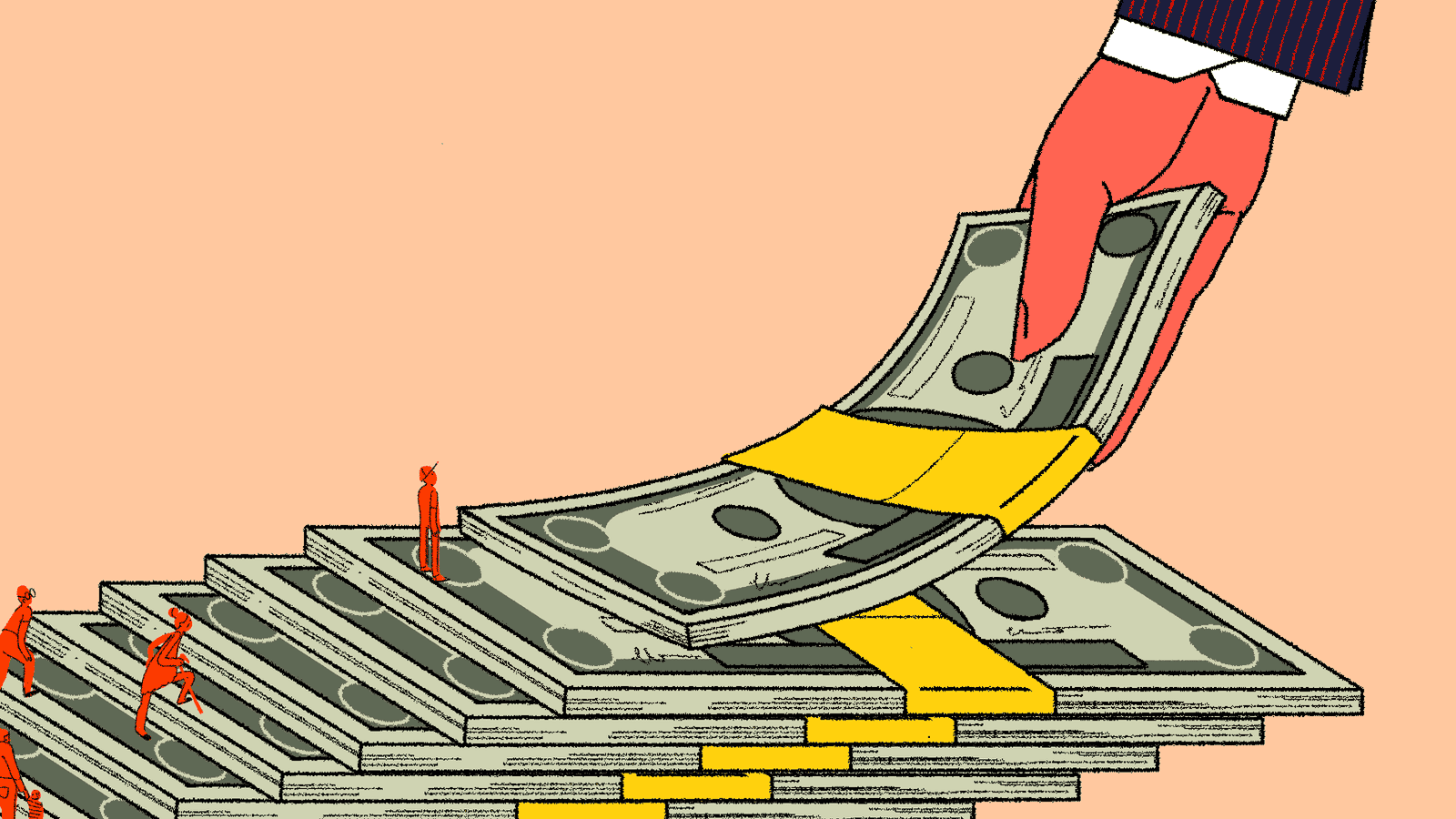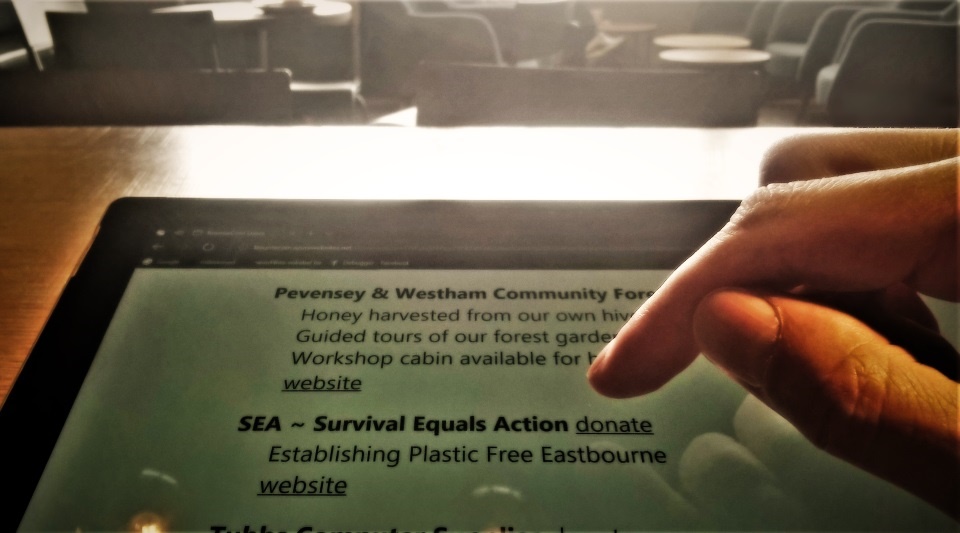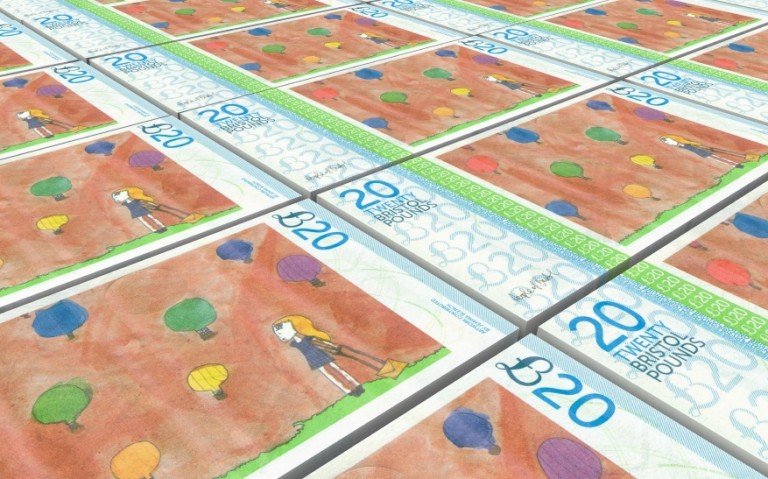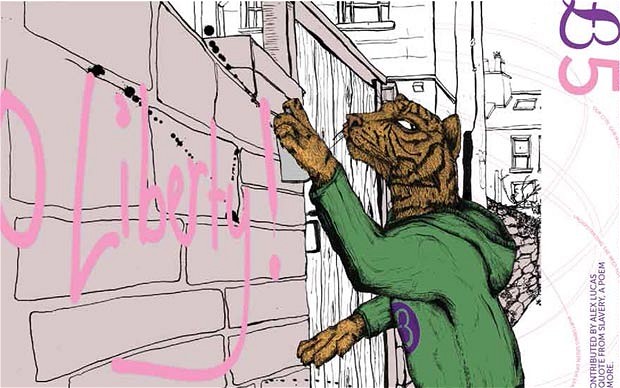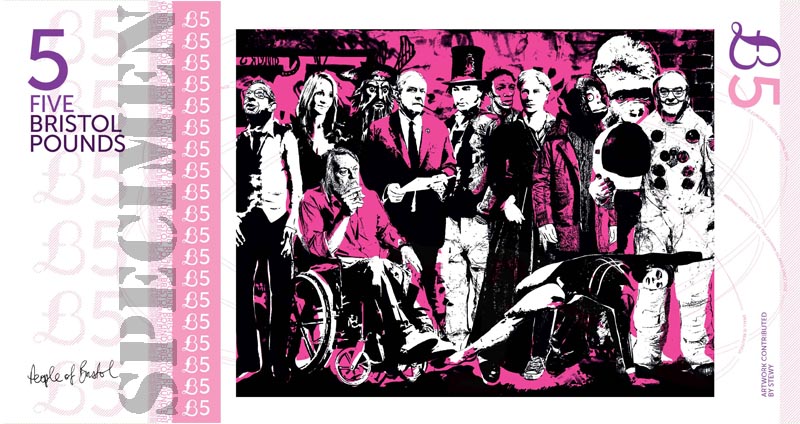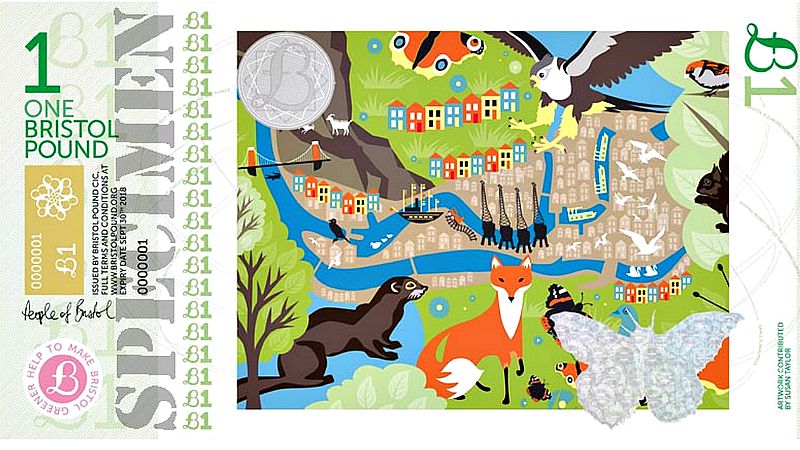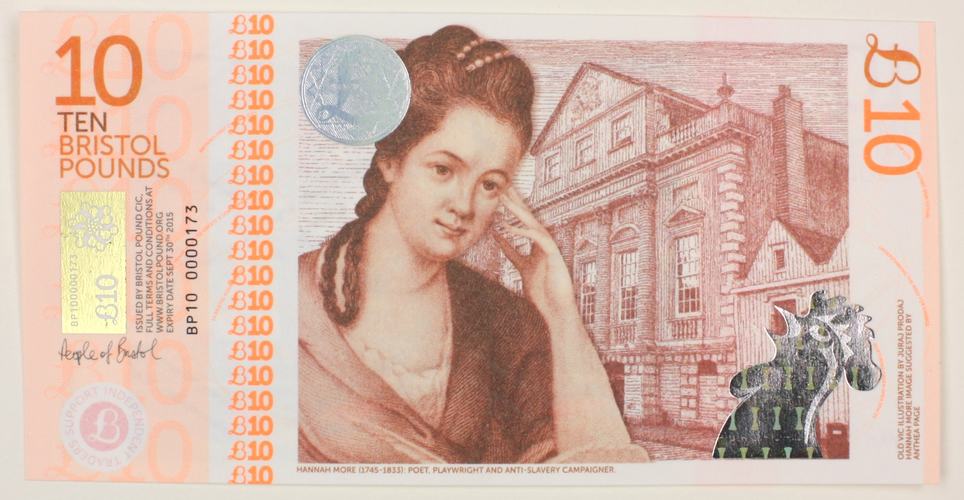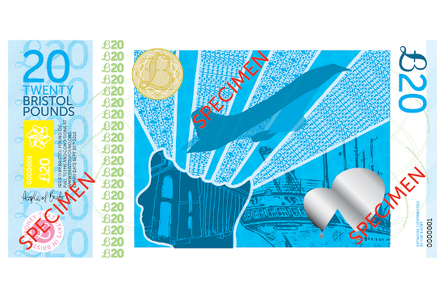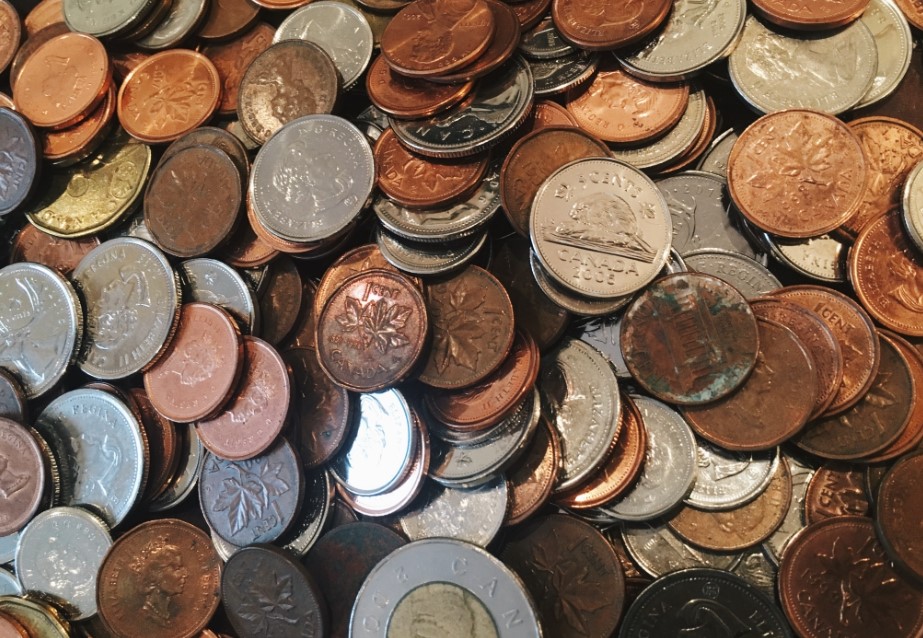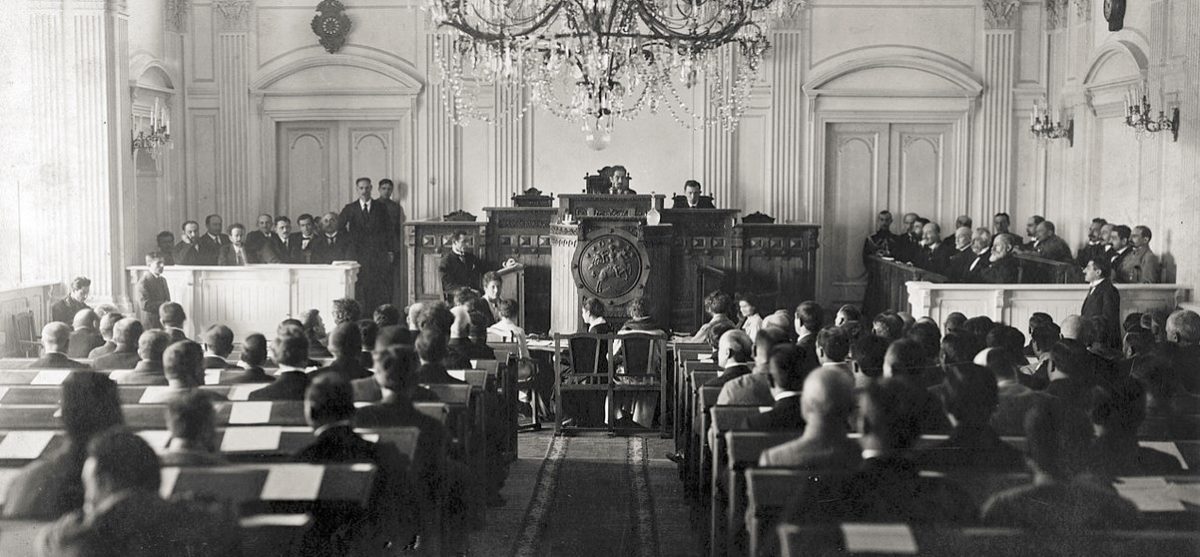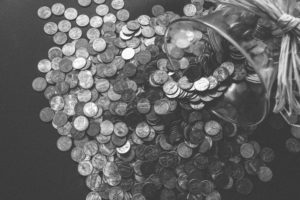
“There are an array of viable stakeholder oriented financial institutions ready to take the deposits of many individuals and businesses. Things get a little bit more tricky when we think about a city, like Seattle, divesting and reinvesting. Cities have financial needs that are not easily accommodated by the existing ecosystem of stakeholder oriented financial institutions. Broadly speaking, there are three possible solutions to the puzzle:
(1) making creative use of the existing system;
(2) creating new private institutions;
or (3) creating a new public bank.
Future writings will outline the detail how to explore options (1) and (2), but this post will discuss the public bank option. The public bank movement has been working for years in Vermont, is picking up steam in Oakland, and seems to be garnering quite a bit of focus from divestment activists.
The Public Bank Option
A public bank is a bank owned by a state or municipality. The idea has considerable potential. Let’s walk it.”
http://lastrealindians.com/divestment-and-solidarity-part-2-the-public-bank-option/
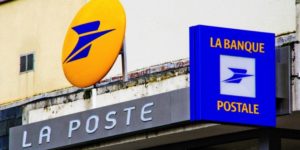
And of course, France has a ubiquitous postal banking system. Not impossible to do.
https://www.french-property.com/guides/france/la-poste-mail/banque-postale-bank/
La Banque Postale is the retail banking arm of La Poste who operate alongside the normal post-office counters, or as part of the same counter service.
The banking services offered by La Banque Postale are enjoyed by many millions of French citizens because they are generally less expensive than the main retail banks, they have an extensive branch network, and they are open on a Saturday morning (although this advantage is fast disappearing as some banks start the practice).
Most importantly, until 2009 they had a monopoly of the popular tax free savings account called “Livret A.”
(This monopoly was removed in January 2009, since when all banks are able to offer the product.)
La Banque Postale also offer mortgage services, with rates that are often below those of the main banks.
Nevertheless, their procedures in relation to non-French citizens still leaves room for improvement, and only those who can offer a secure and clear source of income will be accepted for a mortgage.
The bank also offers unsecured loans and a range of insurance products for health cover, and car and house cover.

